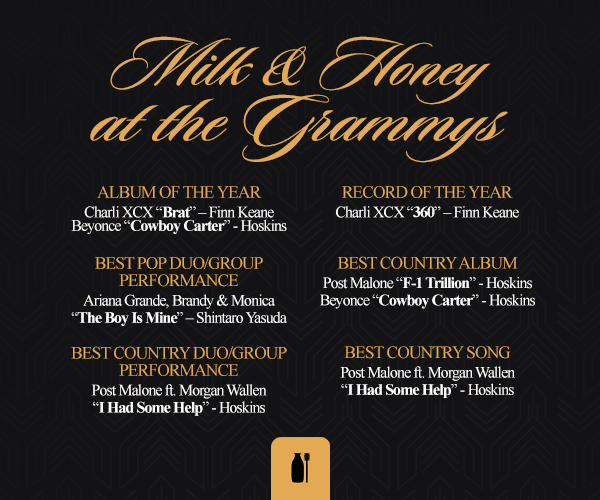The lobbying efforts of the music business in Canada have paid off – big time.
The local government of British Columbia has this month agreed to pay a CAN $15m (US $11m) grant to support the creation of a BC music fund ‘as part of a comprehensive strategy to protect and promote the province’s music industry’.
The decision comes in response to political pressure from trade body Music Canada, which represents the three majors and other labels.
Its efforts were greatly aided by a similar fund which launched in fellow Canadian province Ontario in 2014, again giving CAN $15m to the music business.
The Ontario Music Fund has now paid out CAN $30m (US $22m) over the past two years to the music industry, with Ontario Premier Kathleen Wynne pledging to make it a permanent fixture.
British Columbia has reportedly seen an exodus of talent to Ontario in this period, as artists and songwriters are tempted by secure funding at a fiscally uncertain time for emerging musicians.
According to long-term music business critic Michael Geist, however, the first $15m Ontario Music Fund saw the three major labels each receive $830,000, while 36 homegrown Canadian labels each took home $115,000.
“Our record labels, recording studios, concert venues and music festivals draw people from all over the province, the country and the world.”
Premier Christy Clark
Back to British Columbia – where a report from Music Canada, ‘Adversity to Opportunity’, recommended the $15m grant and other breaks for the music business including loosening of licensing laws for local venues.
At the launch of the BC music fund on February 11 (see video below), Premier Christy Clark appeared with local star Michael Bublé to announce the funding.
She said: “Our record labels, recording studios, concert venues and music festivals draw people from all over the province, the country and the world. Music develops culture, promotes talent and diversifies our strong and growing economy.”
According to BC’s government, the region is home to ’58 independent record labels, 123 sound recording studios and hundreds of music publishers, managers, talent agencies, marketing and other businesses that support the development and delivery of music’.
Support from the new fund will focus on ‘sound recording, live music performances, distant location tour development, music tour strategy and industry development’.
The news will make Canada’s music business the envy of the world – a situation reminiscent of another entertainment sector not so long ago.
The British video games industry long complained of an exodus of talent to Canada while the North American country offered developers a generous tax break.
UK lobbying group TIGA used this ‘brain drain’ as a key reason why the British government needed to follow suit, which it eventually did.
Quebec continues to offer tax credits covering up to 37.5% of video game labour expenses, and Ontario up to 40%.
Since 2014, however, UK game developers have been able to claim back up to 20% of their video game production costs each year from the British tax-payer.
The BPI and other UK music business advocates will surely now see Canada’s state-sponsored generosity as a key weapon with which to argue for similar financial perks.
Music Business Worldwide




